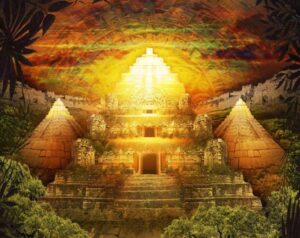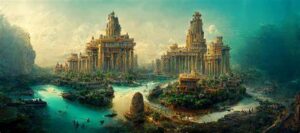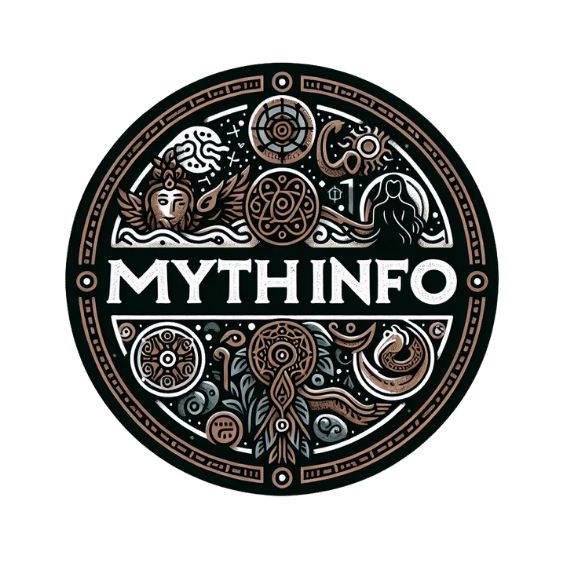
The allure of mythical places has captivated human imagination for centuries. These legendary locations, often shrouded in mystery and wonder, promise to transport us to worlds of magic, wealth, and wisdom. Among the most enigmatic of these places are Atlantis and El Dorado. Both have been subjects of fascination and speculation, driving countless explorers, historians, and dreamers to seek their secrets. In this article, we will explore these mythical places in depth, uncover their origins, and discuss their enduring appeal.
Atlantis: The Lost City Beneath the Waves
Origins of the Atlantis Myth
The story of Atlantis, a once-thriving civilization that sank into the ocean, originates from the works of the ancient Greek philosopher Plato. In his dialogues, Timaeus and Critias, written around 360 BCE, Plato describes Atlantis as a powerful and technologically advanced society that existed around 9,000 years before his time. According to Plato, Atlantis was an island located beyond the “Pillars of Hercules,” a term he used to describe the Strait of Gibraltar.
Plato’s account portrays Atlantis as a utopian society with impressive engineering feats and a sophisticated culture. However, due to its hubris and moral decline, Atlantis faced divine retribution and was eventually submerged into the sea in a single day and night of catastrophic flooding.
The Search for Atlantis
Over the centuries, numerous theories have emerged regarding the potential location of Atlantis. Some suggest that it might have been located in the Mediterranean, perhaps near the Greek island of Santorini, which experienced a massive volcanic eruption around the same time Plato’s story is set. Others propose locations in the Caribbean, the Atlantic Ocean, or even Antarctica. Despite extensive research and exploration, no concrete evidence has been found to confirm the existence of Atlantis.
The myth of Atlantis has inspired a variety of theories and interpretations, from speculative fiction to pseudoscience. Despite the lack of tangible evidence, Atlantis continues to be a symbol of lost wisdom and an emblem of humanity’s quest for knowledge.
El Dorado: The Fabled City of Gold
The Legend of El Dorado
El Dorado, often referred to as the “City of Gold,” is another legendary place that has fascinated explorers and treasure hunters for centuries. The myth of El Dorado originated in South America and was fueled by tales of a golden city hidden deep within the jungles of the continent.
The legend began with the indigenous peoples of the Andes, particularly the Muisca and Inca civilizations. According to Muisca tradition, the leader of the tribe would cover himself in gold dust and then dive into a lake, symbolizing the promise of immense wealth and divine favor. Spanish conquistadors misinterpreted these stories and began to believe in a city entirely made of gold.
The Search for El Dorado
The quest for El Dorado drove many explorers to the Americas, including notable figures such as Hernán Cortés and Francisco Pizarro. The search led to numerous expeditions into the uncharted territories of South America, including the Amazon rainforest and the Andes mountains. Despite the extensive exploration, no evidence of a city of gold was ever found.
The El Dorado myth, like Atlantis, represents more than just a search for material wealth. It embodies the human desire for discovery, adventure, and the unknown. The legend has inspired countless works of literature, film, and popular culture, cementing its place as one of the most intriguing myths in history.
The Enduring Appeal of Mythical Places
The fascination with mythical places such as Atlantis and El Dorado reveals much about human nature. These legends speak to our deep-seated desires for knowledge, adventure, and the search for meaning beyond the everyday world. They represent the allure of the unknown and the possibility of discovering something extraordinary.
Cultural Impact
Both Atlantis and El Dorado have left an indelible mark on culture and history. Atlantis has been referenced in philosophical discussions, speculative fiction, and even popular media, symbolizing the lost potential of human civilization. El Dorado has inspired countless treasure hunts, novels, and films, reflecting humanity’s enduring quest for riches and glory.
Lessons from the Myths
The myths of Atlantis and El Dorado also serve as cautionary tales. Atlantis warns against the dangers of hubris and the consequences of moral decay, while El Dorado highlights the perils of obsession and the seductive nature of material wealth. These stories remind us that the pursuit of greatness and knowledge must be tempered with wisdom and ethical considerations.
Conclusion
The exploration of mythical places such as Atlantis and El Dorado offers a glimpse into the human psyche and our collective imagination. While these legends may not be grounded in reality, they continue to inspire and captivate us with their promises of adventure, wisdom, and treasure. As we delve into the mysteries of these enigmatic locations, we not only explore the possibilities of the past but also reflect on our own desires and aspirations. Whether through historical inquiry, literary exploration, or creative imagination, the myths of Atlantis and El Dorado remind us of the boundless potential of human curiosity and the eternal allure of the unknown.

